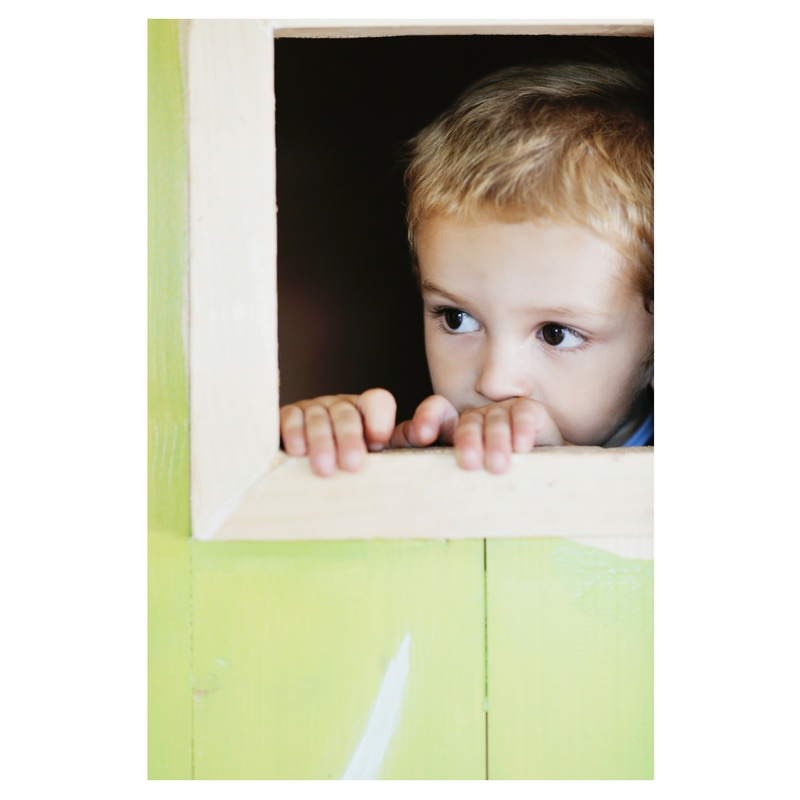Expecting a child is an exciting time. From the moment that pregnancy test indicates “positive”, your whole life begins to shift. The anticipation of having a child provides joy and happiness that is difficult to match.
Your child is born and something magical happens. There is an immediate bond; a connection; a union that is steadfast and secure. Your love is unconditional.
Most parents have the pleasure of watching their child reach all of the developmental milestones as expected. There is much gratification in watching your child grow and flourish.
For some parents, things evolve in a different way. A diagnosis of a serious illness or disability brings many emotions such as disbelief, anger and sadness. All of a sudden, life takes an unexpected turn.
What doesn’t change however is the love and attachment that a parent has for their child. A parent’s devotion is unrestricted and limitless. As for most parents, we recognize our children for their strengths and attributes, not for what they are lacking or cannot do. We make adjustments.
Unfortunately, we are faced with barriers in broader society. Outside of the home, these adjustments don’t happen without going through extensive processes like filling out applications, countless meetings and lots of contention with adversity. Parents that have children who have mental health issues will experience finger pointing, blame and shame.
In many communities, there is an absence of accessible recreation and playgrounds. Whether it be for support funding or enrolling their child in school parents are often welcomed with a message of scarcity and insufficiency. “There are two hundred children on a wait list”; “We don’t have enough funding for support staff”; “The curriculum doesn’t allow us to make those accommodations”; “We have a zero tolerance policy”; “We don’t have inclusive programs”; and the list goes on.
What’s the message in all of this? Are you telling me that my child doesn’t belong? 
The implication that a child is inadequate, or a suggestion that the child doesn’t belong is devastating.
Leading shame researcher, Brené Brown states, “We can’t use fear, blame, shame or judgment if we want to raise courageous children.” “When we approach from a place or worthiness rather than scarcity, we have no reason to attack.”
For parents, it’s not about “fitting a child into our world”, its about figuring out how we can include them. Belonging is about being accepted for who they are.
Parenting a child who has a disability or serious illness, takes the courage to be vulnerable.
Will you join us in leading the way to make our world more accessible and welcoming to everyone?
-Lisa







Get Social